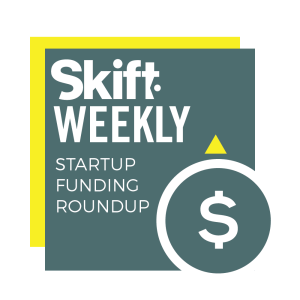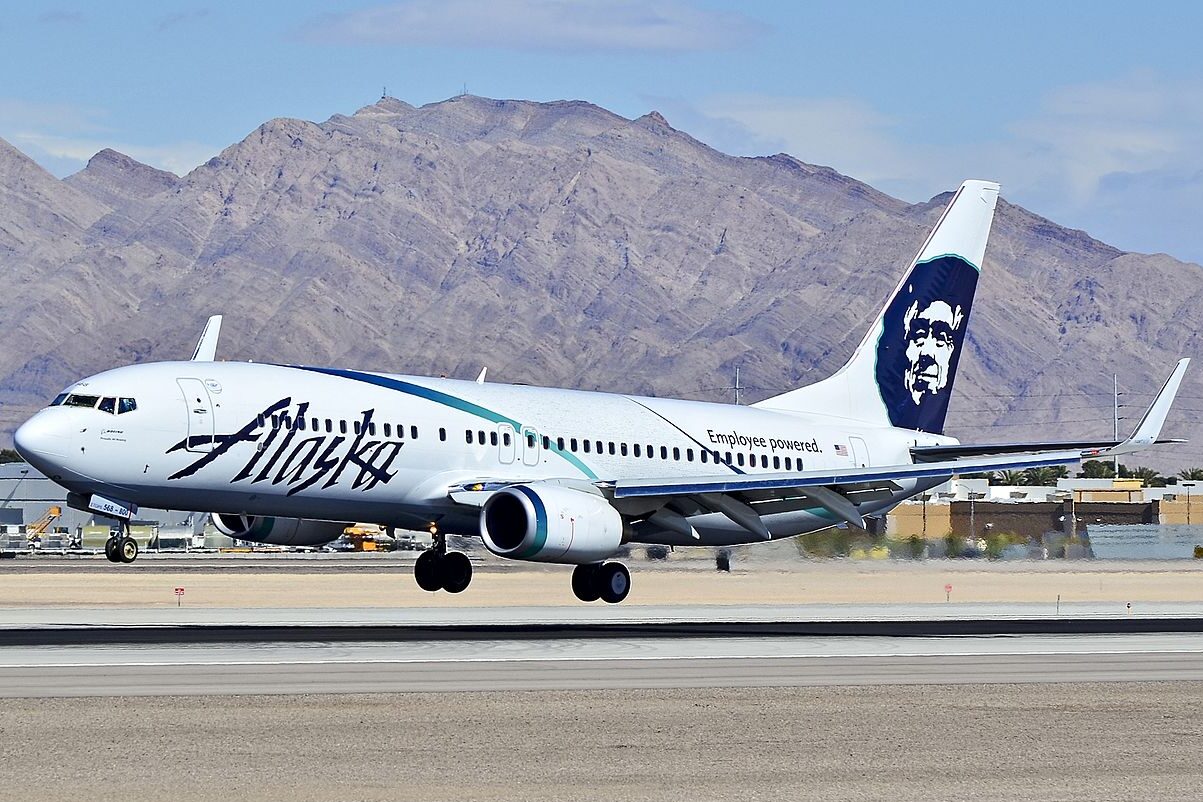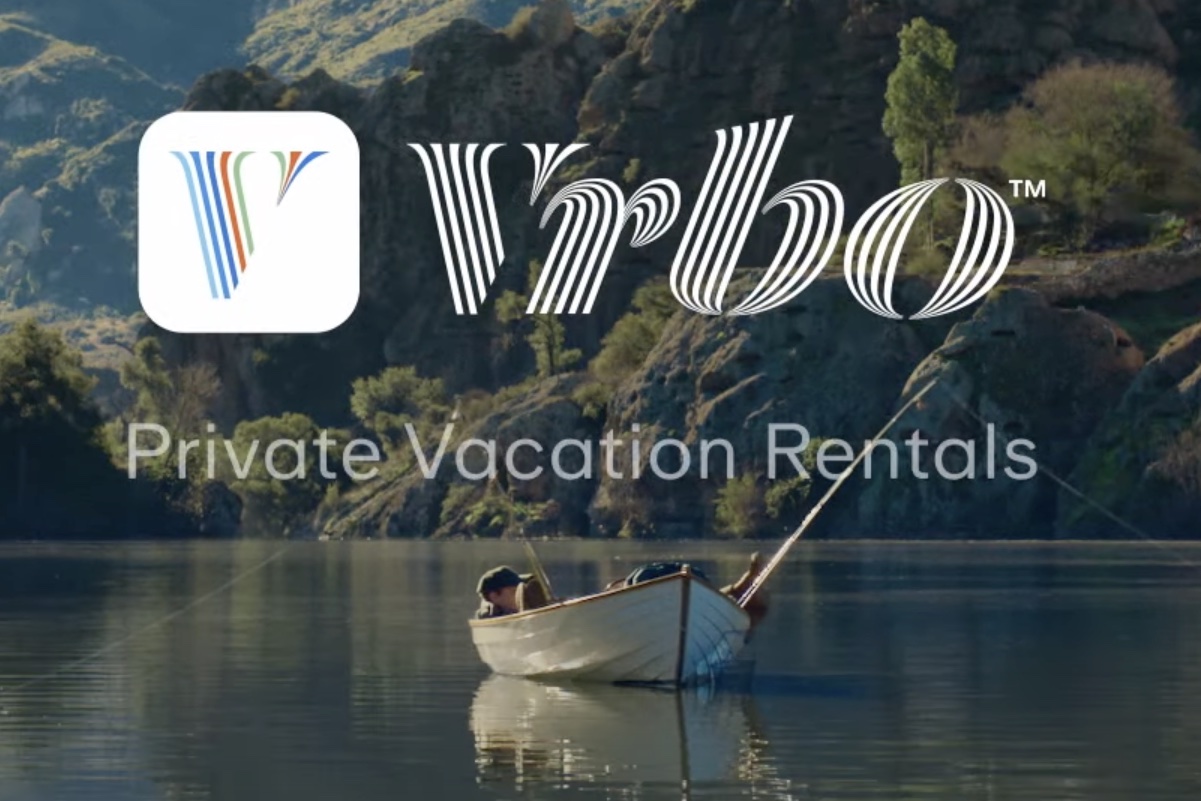Lightship Raises $34 Million for Electric RV: Startup Funding Roundup

Skift Take

Travel Startup Funding This Week
Each week we round up travel startups that have recently received or announced funding. Please email Travel Tech Reporter Justin Dawes at jd@skift.com if you have funding news.Six travel startups announced fundraises of more than $208 million this week.
>>Lightship, which is developing a fully electric RV, has raised $34 million in series B funding.
It was co-led by Obvious Ventures and Prelude Ventures, with support from Allegis Capital, THOR Industries, TechNexus Venture Collaborative, Congruent Ventures, HyperGuap, and Alumni Ventures.
The company raised $23 million series A round in 2022.
The San Francisco-based startup said its product, the Lightship L1, is being built with a large energy storage system, an electric motor, and enough solar power capabilities to keep the vehicle charged for a week.
The next step is building the manufacturing system and supply chain, followed by pilot manufacturing later this year at its new production facility in Colorado.
Production is expected to begin in late 2024, according to the website.
Customers can join the waitlist for a refundable deposit of $500. The RV price begins at $125,000.
Lightship also says its technology could enable the electrification of pickup trucks and SUVs.
Myrealtrip: $56.7 Million
Myrealtrip, a South Korean travel booking app, has raised $56.7 million in a series F equity round.
BlueRun Ventures Korea and IMM Investment co-led the round, with support from Korelya Capital, Altos Ventures, Partech Partners, Smilegate, and SV Investment.
The company said it has now raised about $113 million in equity and $39 million in debt since it was founded in 2012.
The Seoul-based app provides booking services for flights, accommodations, activities, and ground transportation. The company said it has 7.9 million users in South Korea.
Donggun Lee, CEO of Myrealtrip, told TechCrunch that the company plans to invest more in technology ahead of a planned initial public offering in 2026.
Tumodo: $35 Million
Tumodo, a platform for booking business travel, has raised $35 million in pre-seed funding led by angel investors in the Middle East and North Africa.
The Dubai-based company said client businesses can use the platform to book flights and hotels for several hundred employees, and clients can integrate it into their human resources software. The startup is also developing a AI trip planning for the platform.
Tumodo is connected to all major distribution systems and global hotel chains, the company said, giving clients access to more than 400 airlines and more than 2 million lodging options.
The company has more than 100 clients in the Middle East and North Africa.
The funding will go toward expansion in the UAE market and further into the Middle East and North Africa, with plans to be present in more than 25 countries by 2026.
Overmoon: $80 Million
Overmoon, a new vacation rental platform, has raised $80 million in funding. That includes $10 million in venture capital, $30 million in real estate equity for home down payments, and $40 million in debt financing.
The venture capital came from NFX, Khosla Ventures, Camber Creek, 1Sharpe, Sunsar Capital, and others.
San Francisco-based Overmoon said it owns every home on its platform and has plans to purchase more properties around the world. Its website shows about 20 properties in Florida and Tennessee.
Through a partnership with Flock, Overmoon also offers home owners the ability to exchange their properties, tax-free, for shares in a residential real estate fund. Overmoon would then handle bookings and property management. That allows owners to continue earning income from the short-term rental business — meant as an alternative to managing the property themselves or selling it.
FlyORO: $1.6 Million
FlyORO, a renewable jet fuel startup, has raised $1.6 million in pre-series A funding.
Audacy Ventures led the round, with support from Investible and private investors.
Singapore-based FlyORO said its proprietary equipment mixes renewable jet fuels with traditional fuel, which is meant to simplify the jet fuel supply chain and make it easier for airlines to integrate next-generation fuels as they become available.
The 40-foot piece of equipment can be placed at an airport and can blend up to 960,000 liters of fuel daily, the startup said.
The funding will go toward expansion in the U.S. and Australia.
Runnr.ai: $1.1 Million
Runnr.ai, which provides guest communication software to hotels, has raised $1.1 million (€𝟭 million).
Investors include Arches Capital and individual investors Roland Zeller, Marnix van der Ploeg, and Hans Pieters.
Netherlands-based Runnr.ai offers a chatbot that hotel guests can interact with as a first line of communication. Hotels can make the tool available through WhatsApp or other communication channels.
The company has added more than 100 hotels as clients in the last year, according to a LinkedIn post from Runnr.ai CEO Michiel de Vor.
| Company | Stage | Lead | Raise |
|---|---|---|---|
| Lightship | Series B | Obvious Ventures and Prelude Ventures | $34 million |
| Myrealtrip | Series F | BlueRun Ventures Korea and IMM Investment | $56.7 million |
| Tumodo | Pre-seed | Undisclosed | $35 million |
| Overmoon | Unspecified | Unspecified | $80 million |
| FlyORO | Pre-series A | Audacy Ventures | $1.6 million |
| Runnr.ai | Unspecified | Unspecified | $1.1 million |
Skift Cheat Sheet
Seed capital is money used to start a business, often led by angel investors and friends or family.
Series A financing is typically drawn from venture capitalists. The round aims to help a startup’s founders make sure that their product is something that customers truly want to buy.
Series B financing is mainly about venture capitalist firms helping a company grow faster. These fundraising rounds can assist in recruiting skilled workers and developing cost-effective marketing.
Series C financing is ordinarily about helping a company expand, such as through acquisitions. In addition to VCs, hedge funds, investment banks, and private equity firms often participate.
Series D, E, and, beyond These mainly mature businesses and the funding round may help a company prepare to go public or be acquired. A variety of types of private investors might participate.





